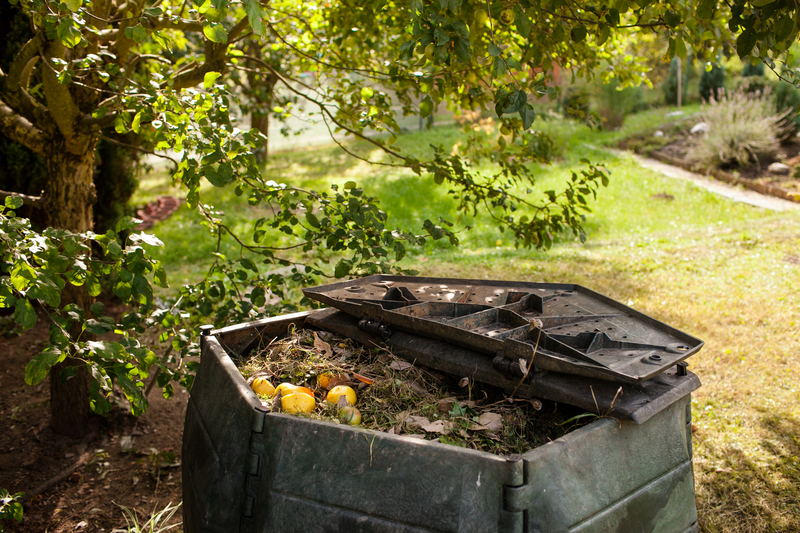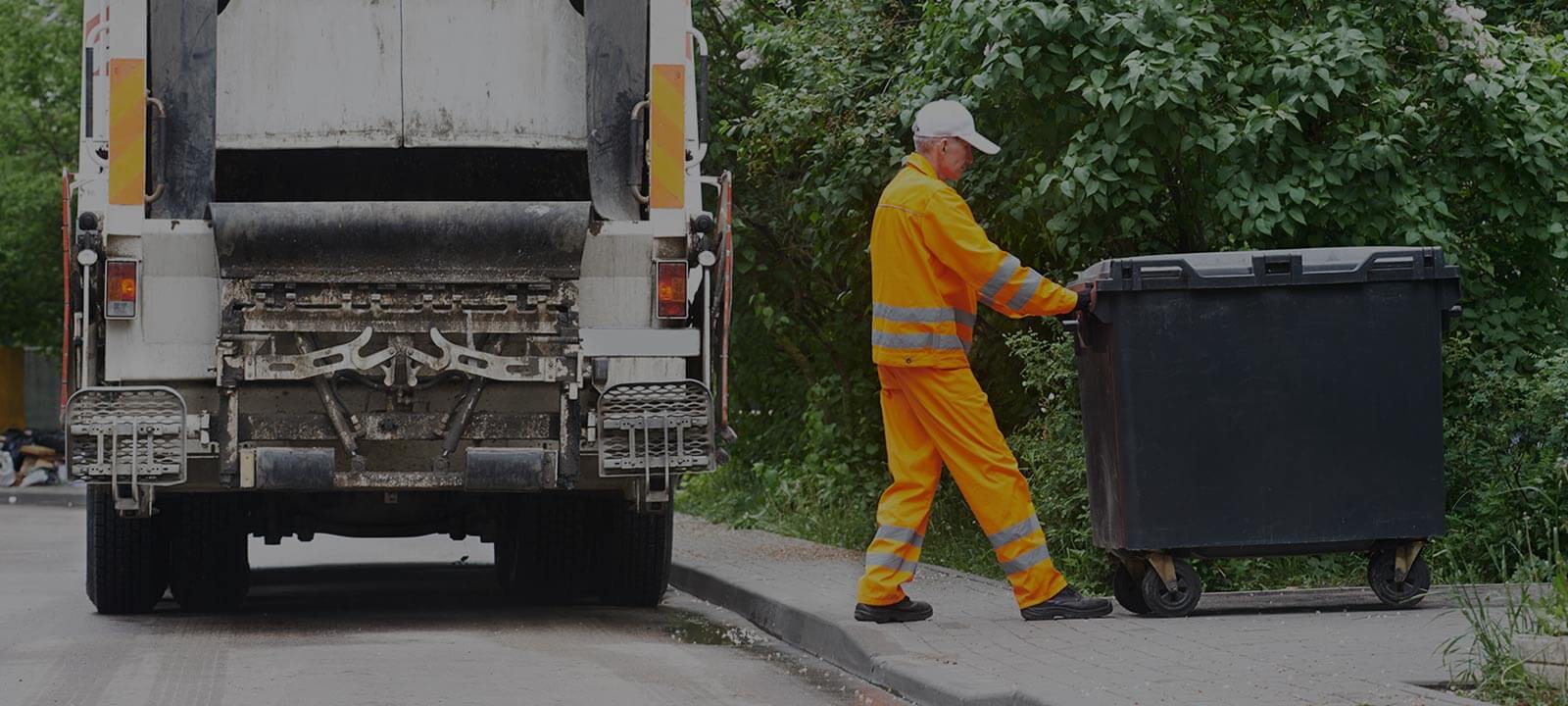Sustainable Alternatives for Excess Garden Debris
Posted on 01/01/2025
Gardening is a wonderful hobby that not only nourishes our souls but also the environment. However, as much as we love tending to our gardens, the excess debris that accumulates can be a daunting task. From fallen leaves and branches to grass clippings and weeds, managing garden waste can be a time-consuming and energy-draining process. But fear not, there are plenty of sustainable alternatives for excess garden debris that not only help save time and effort but also contribute to a greener planet.
In this article, we will explore some eco-friendly solutions for dealing with garden waste and how they benefit both you and the environment. So, put on your gardening gloves and let's get started!
Composting - Nature's Way of Recycling
One of the most popular and sustainable ways of dealing with garden debris is through composting. This natural process involves decomposing organic materials such as leaves, grass clippings, and food waste into nutrient-rich soil amendments. Composting not only reduces the amount of waste sent to landfills but also provides an excellent source of organic matter for your garden. By adding compost to your soil, you can improve its structure, water retention, and overall health.
To start composting, designate an area in your backyard or invest in a compost bin. Place a layer of twigs at the bottom for proper drainage, followed by alternating layers of green (nitrogen-rich) and brown (carbon-rich) materials. Green materials include grass clippings, vegetable scraps, and coffee grounds while brown materials include dried leaves, twigs, and shredded newspaper. Keep the pile moist but not wet and turn it once a week to speed up the decomposition process. In just a few months, you will have rich organic compost ready to nourish your garden.

Mulching - A Natural Protective Layer
Mulching is another sustainable option for dealing with excess garden debris while providing numerous benefits for your garden. Mulch is a layer of organic or inorganic material spread over the soil surface to retain moisture, suppress weed growth, and regulate soil temperature. It also adds nutrients to the soil as it decomposes, thus reducing the need for chemical fertilizers.
To use garden debris as mulch, simply spread a layer of shredded leaves, grass clippings, or wood chips around your plants. Make sure to leave some space around the stems to prevent rotting. As the mulch breaks down, it improves soil health and prevents weeds from germinating. Plus, it gives your garden a neat and tidy appearance.
Upcycling - Turning Debris into Functional Objects
Why throw away old branches and fallen twigs when you can turn them into beautiful and functional objects for your garden? Upcycling is another sustainable solution for dealing with excess garden debris while letting your creative juices flow. With a little imagination and some basic tools, you can transform old branches into trellises, planters, and even furniture. Twigs can be used to make fairy houses or woven into decorative garden fences.
You can also use pruned branches to create natural boundaries between flower beds or as support for climbing plants. The possibilities are endless when it comes to upcycling garden debris. Get creative and give a new life to your waste instead of sending it to landfills.
Pros:
o Reduces the amount of waste sent to landfills
o Improves soil health and fertility
o Saves time and money on buying mulch and fertilizers
o Provides an eco-friendly way of disposing of garden debris
Cons:
o Requires some time and effort to set up composting/mulching systems
o Composting may attract pests if not managed properly
o Not suitable for all types of garden waste (i.e., diseased plants)
o May take several months before compost/mulch is ready for use

Tips:
o Use a variety of materials for better compost quality
o Don't use diseased plants for composting or mulching
o Avoid using grass clippings treated with chemicals as they can harm your plants
o Different types of debris require different methods of composting (i.e., shredding leaves for faster decomposition)
Takeaways:
o Composting, mulching, and upcycling are sustainable alternatives for excess garden debris.
o They provide numerous benefits for both you and the environment.
o These methods require some effort, but the results are worth it.
In conclusion, managing excess garden debris can be a tedious task, but with these sustainable alternatives, it can become a rewarding experience. By composting, mulching, and upcycling, you not only reduce waste but also improve soil health and contribute to a greener planet. So, the next time you're faced with a pile of garden debris, remember these eco-friendly options and make a positive impact on the environment. Happy gardening!
Latest Posts
Reusing for Resource Conservation
Industry applauds government's dedication to improving e-waste recycling practices






